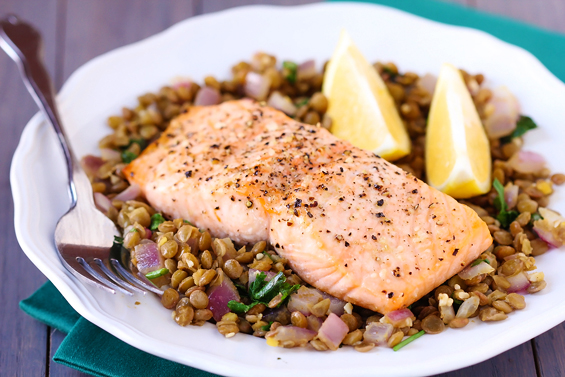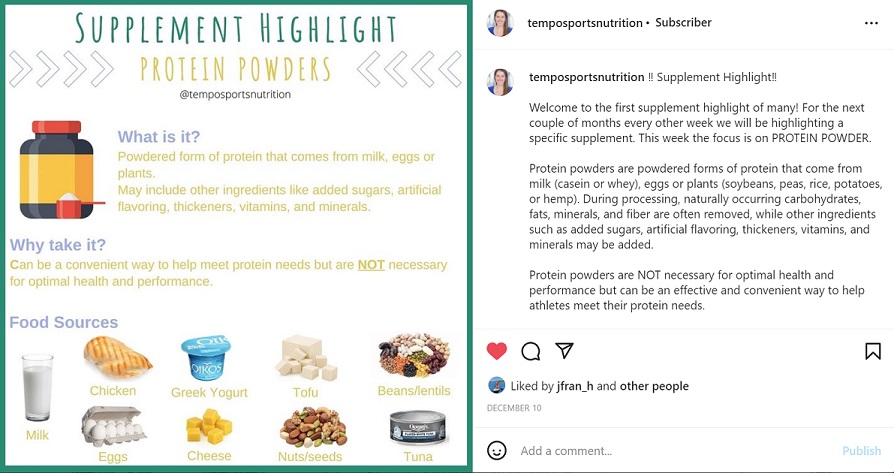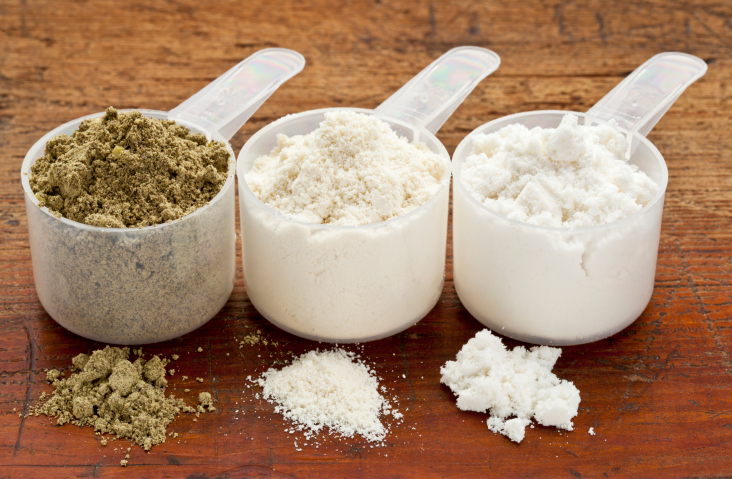Protein 101 for distance runners
Are you getting enough of this important nutrient?

Runners know they need carbohydrates to keep them going through long runs and hard interval sessions, but when it comes to recovery, protein becomes just as important. If you want your muscles to repair quickly after workouts, prevent injuries and keep your immune system in top shape, make sure you’re getting enough of this vital nutrient.

Why is protein important for runners?
Your muscles are predominantly made up of protein (actin and myosin), so if you want to recover properly from runs and build muscle to get stronger and faster, you need adequate amounts of protein in your diet. Protein also helps to build and repair other tissues like bones and cartilage, it plays a key role in producing enzymes and hormones, and, as previously mentioned, is required for a strong immune system.
In other words, having enough protein in your diet will help stay healthy and injury-free, and will help you recover properly so you can perform at your best in runs, workouts and races.
How much protein do runners need?

It is recommended that the average person aim to consume 0.8 grams of protein per kilogram of body weight every day for optimal health. That means a 120-pound person should eat about 43 g of protein every day, and a 150-pound person should aim for 54 g per day.
That number, however, is for someone who is not engaging in regular physical activity. Runners need much more protein than that to support their activity levels, and most experts agree their protein needs should range from 1.0-1.6 g per kilogram of body weight per day. This means a 120lb runner should be eating 54-86 g of protein per day, and a 150lb runner should eat 68-109 g per day.
To figure out how much protein you need in a day, divide your weight by 2.2 to get your weight in kilograms, then multiply that number by 1.0 and 1.6.

What does that amount of protein look like in terms of actual food? Check out these common high-protein foods below:
- 4 oz. chicken breast: 35 g
- 5 oz. tuna: 33 g
- 2 large eggs: 12 g
- 1/2 c. chickpeas: 6 g
- 3.5 oz. tofu: 11 g
- 2 tbsp peanut butter: 9 g
- 1 cup yogurt: 11 g
So if you have two eggs at breakfast, half-a-cup of chickpeas at lunch, yogurt for a snack and chicken at dinner, you’re already likely clocking at least 60 grams of protein in your day. Combine that with the small amounts of protein found in grains and some vegetables, and you may already be doing a good job at satisfying your daily protein needs.
Do you need to use protein powder?

As you can see from above, if you’re eating a well-balanced diet that contains plenty of high-protein foods, a protein supplement is not a requirement in your diet. If, however, you don’t tend to consume enough high-protein foods, or if you follow a vegetarian or vegan diet, a supplement may be helpful to ensure you reach your protein goals.
Regardless of what type of diet you follow, protein powders can be an easy and convenient way to add some protein to your day, which is why many athletes like to include a supplement in their nutrition plans. Not every protein powder is created equal, however, and many of them contain unwanted sugars and additives, so make sure you read labels carefully. If you’re considering trying out a protein powder but aren’t sure how to choose the right one, talk to a dietitian, who can point you in the right direction.

The bottom line
Protein is very important for distance athletes, and while you probably don’t need to calculate every gram of protein you’re consuming, runners should pay attention to what they’re eating every day and make sure they’re including enough protein-rich foods in their meals and snacks.


